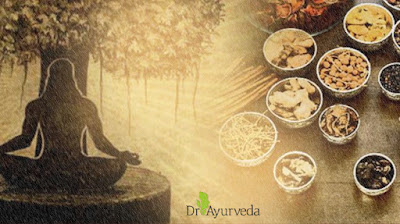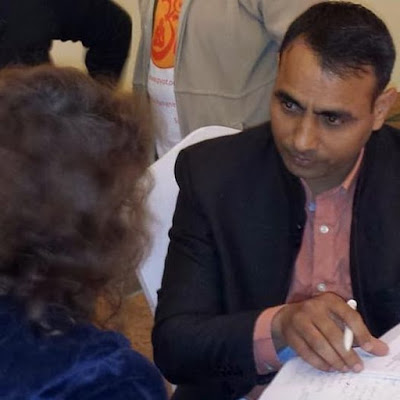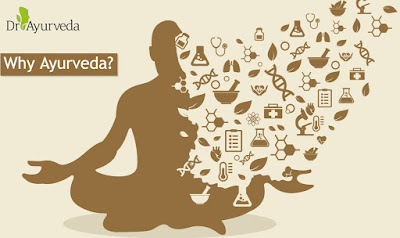The integrity of Ayurveda is that it personalizes the healing process. It perceives each and every person as a unique individual, with a unique body-mind constitution (genetic composition) and a Unique set of life circumstances, all of which must be considered in determining either natural healing approaches or recommendations for daily living.
The principle of Ayurvedic science is predominantly based on the 'Tridosha theory' and the 'Pancha Mahabhuta Theory'. These theories explain that the body is primarily composed of the five elements of the universe and all diseases occur due to the imbalance of the three vital forces (Doshas) of the body that are responsible for maintaining the equilibrium of health.
Ayurveda works upon mitigating this imbalance by channelizing nature's energy and resource after analyzing the body constitution and advises the apt line of treatment. It offers specific guidance to each individual on lifestyle, diet, exercise and yoga, herbo-mineral therapy, Panchakarma therapy, Rasayana therapy and even spiritual practices to restore and maintain balance in body and mind.

Philosophy of Ayurveda by Dr Ayurveda Official









